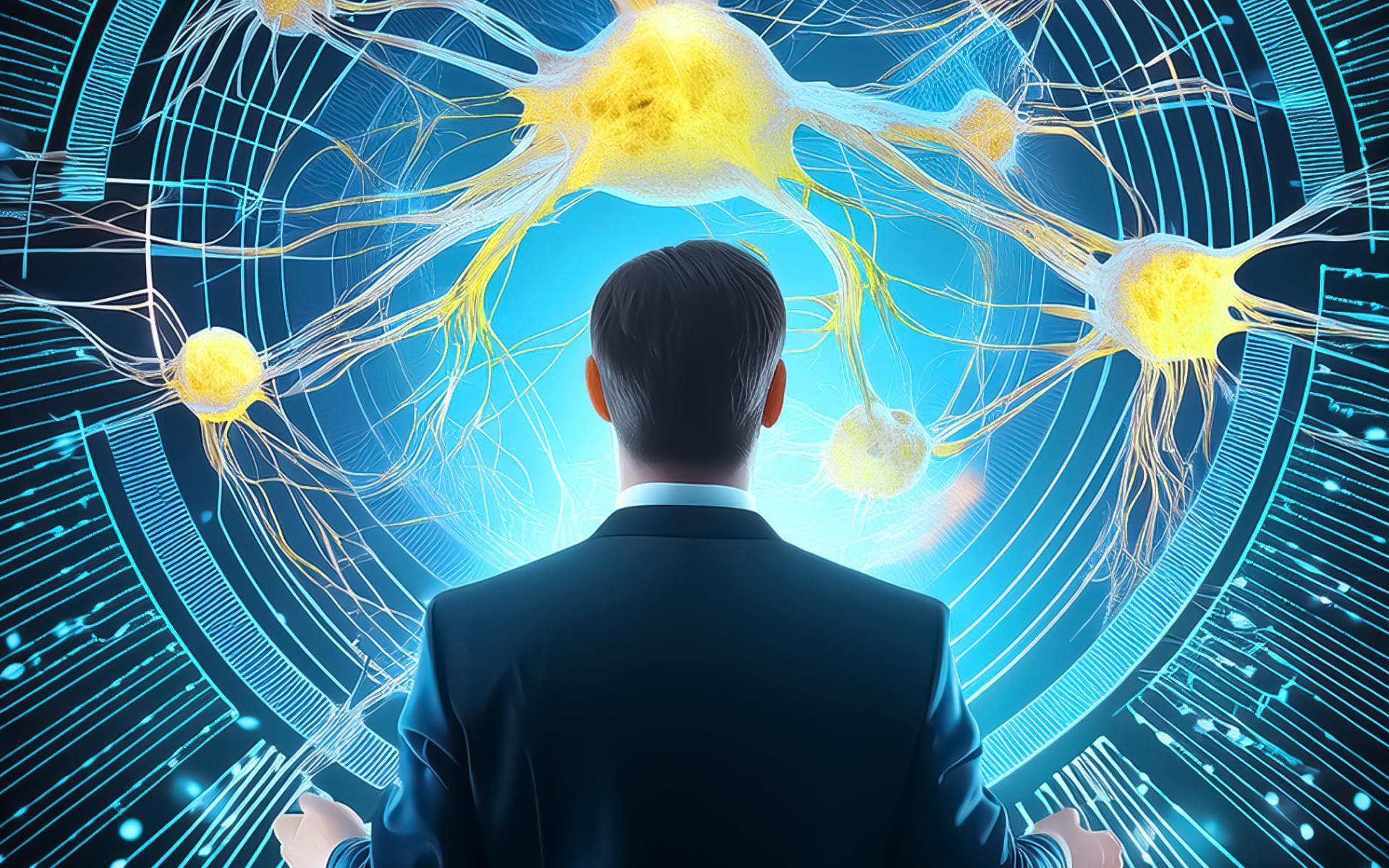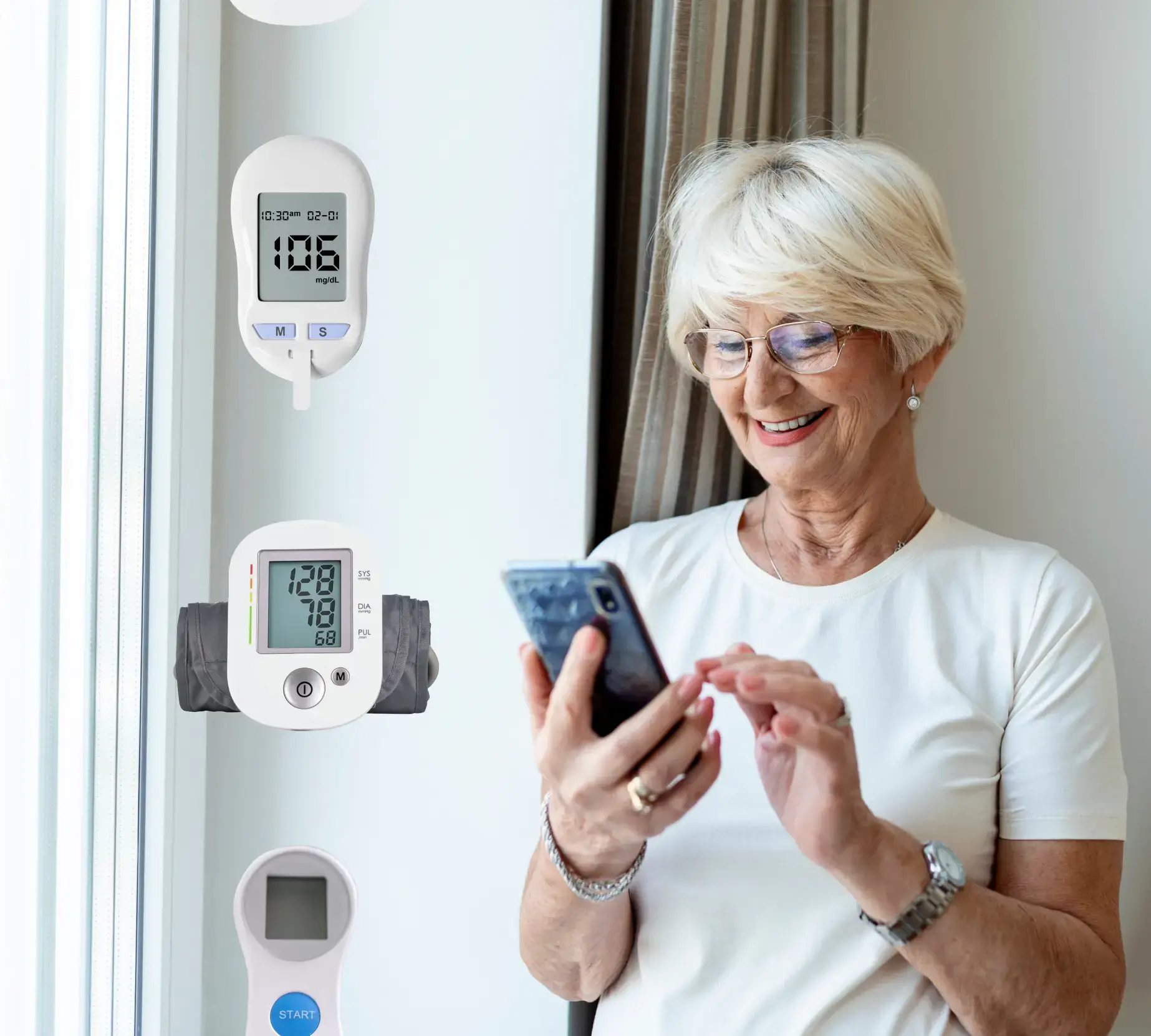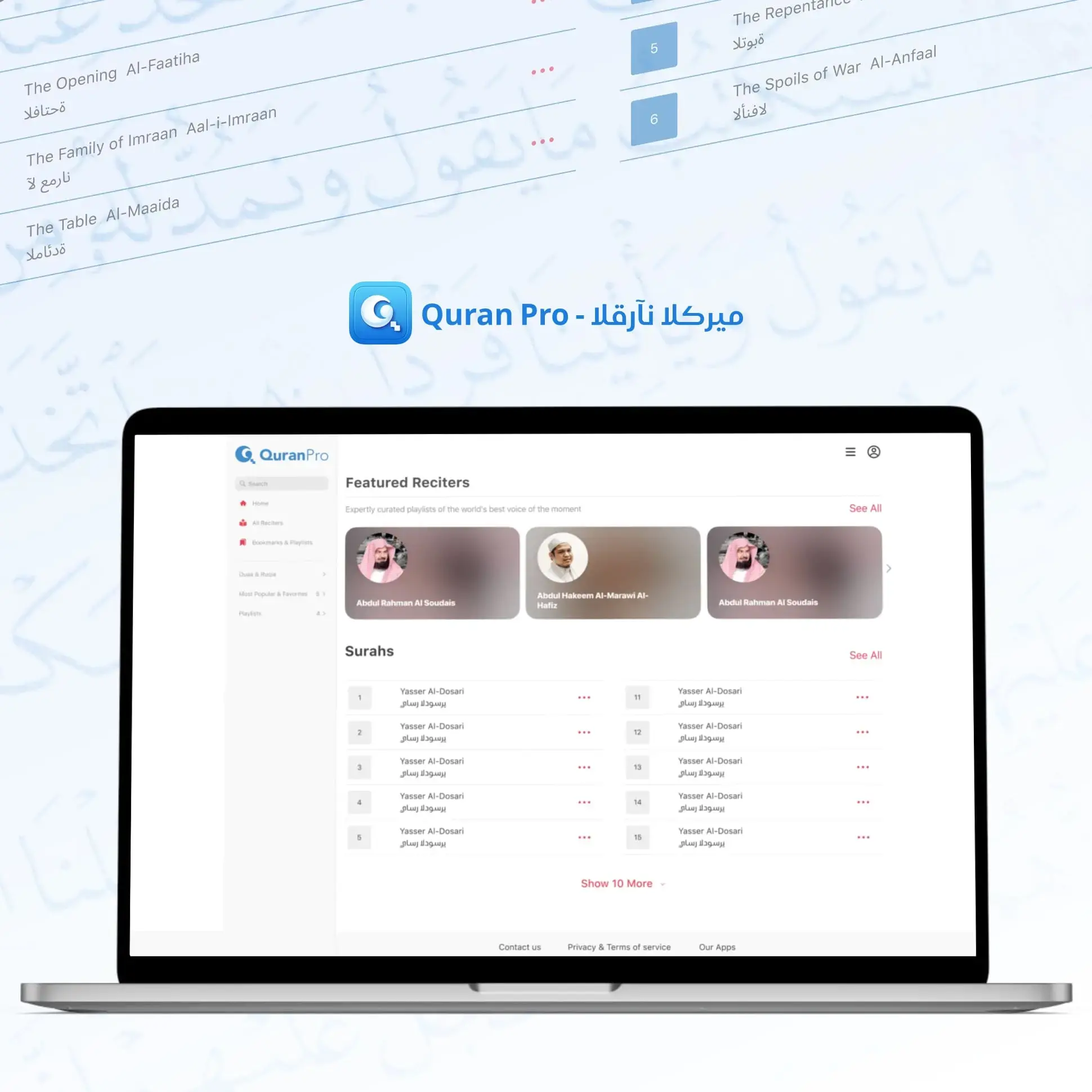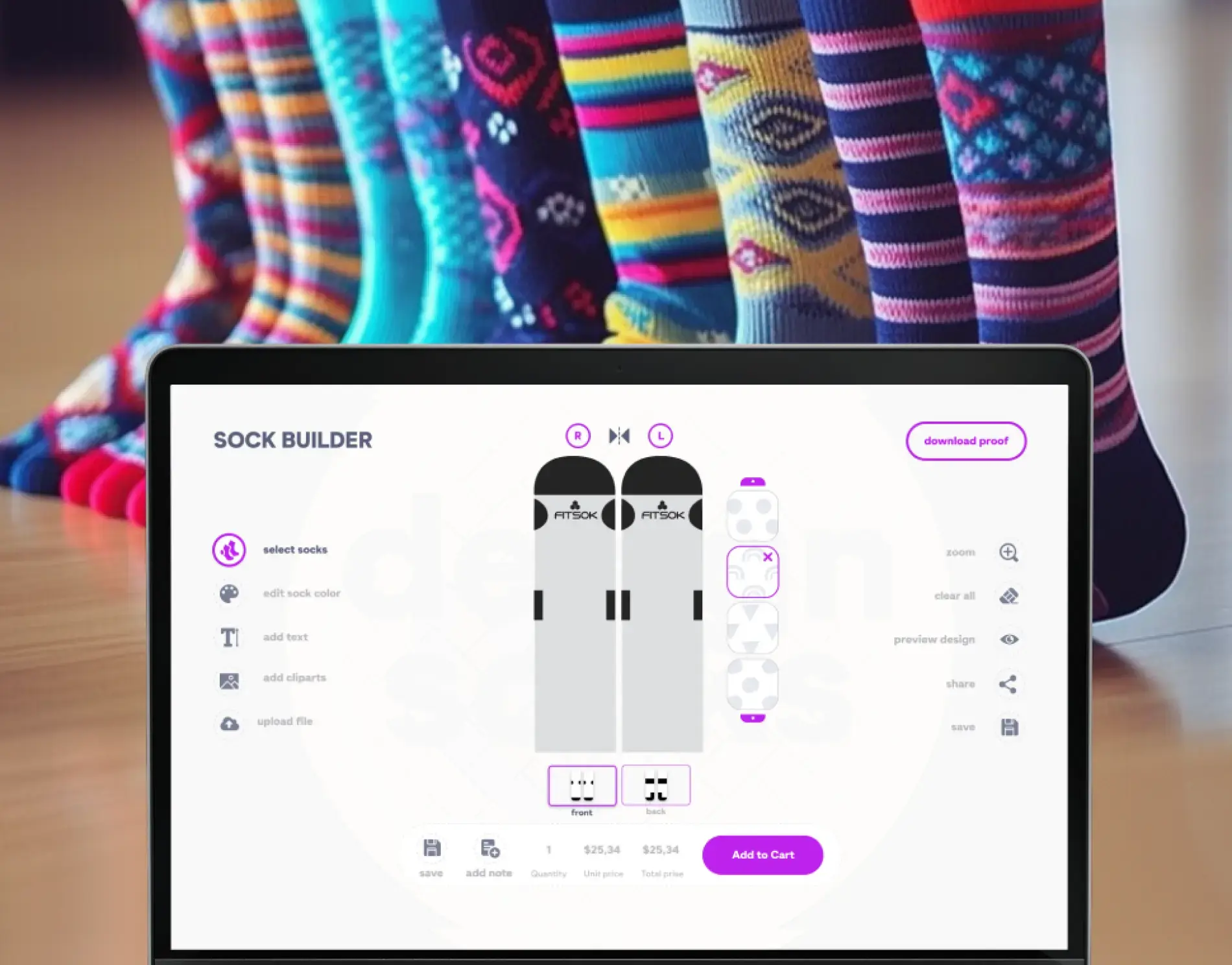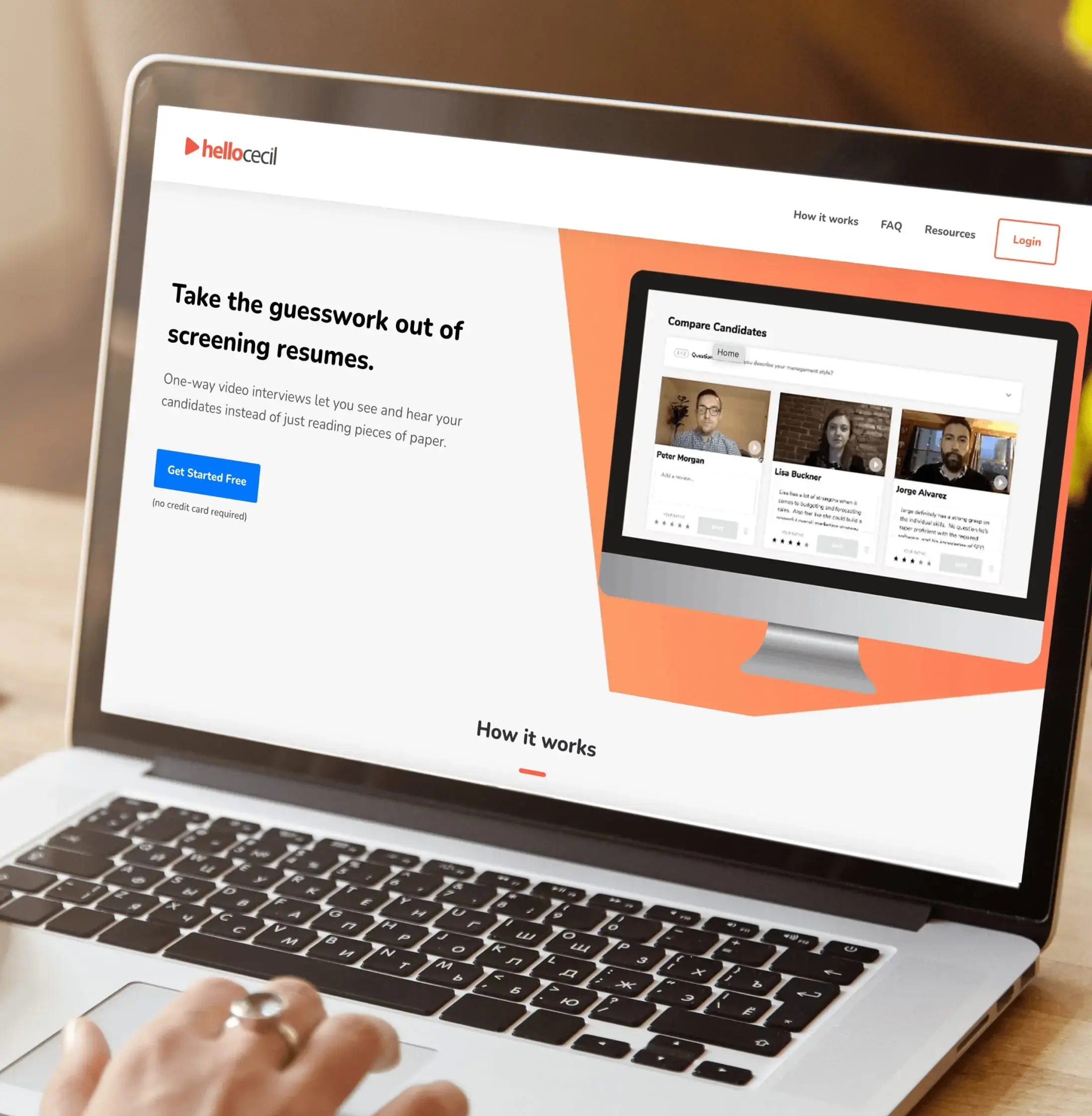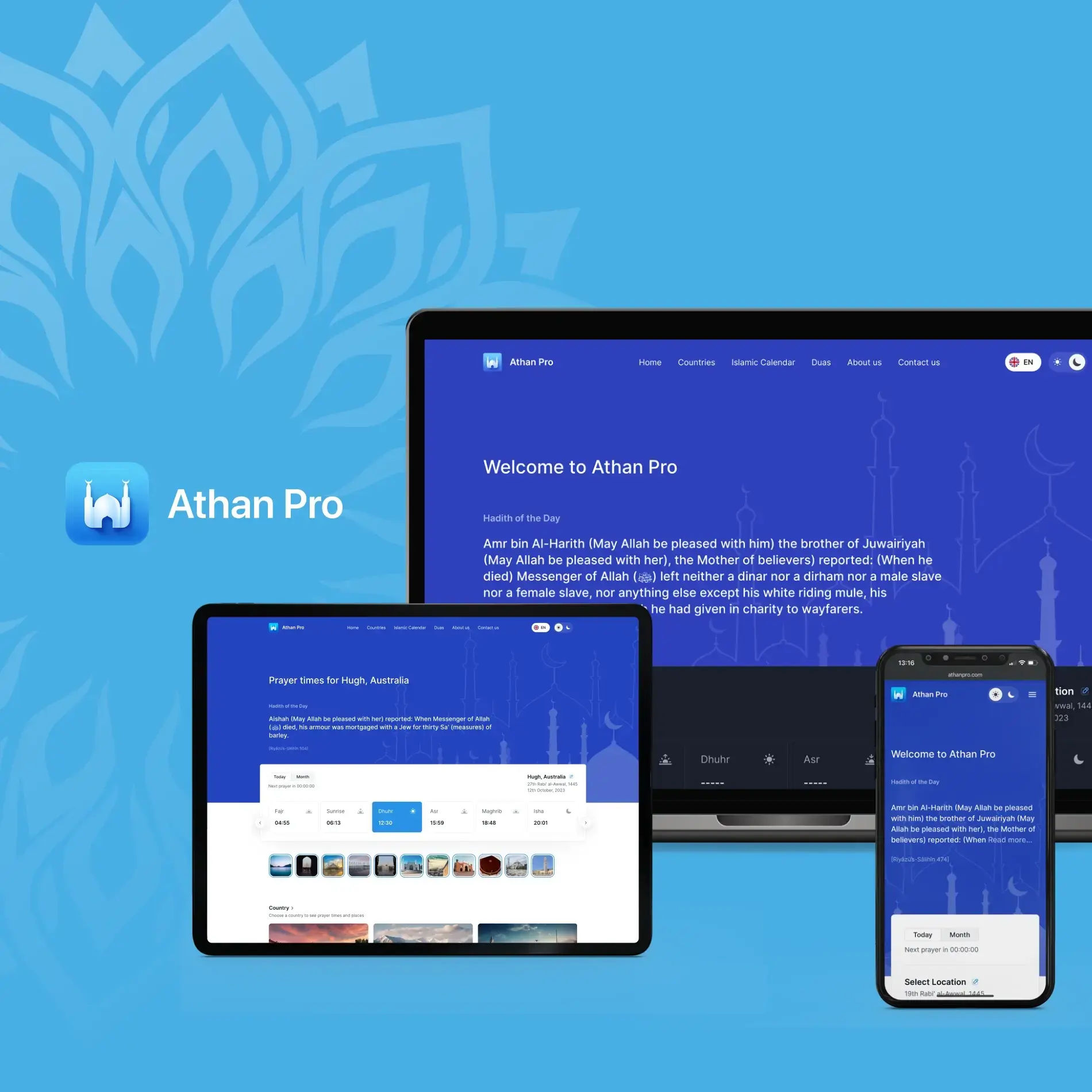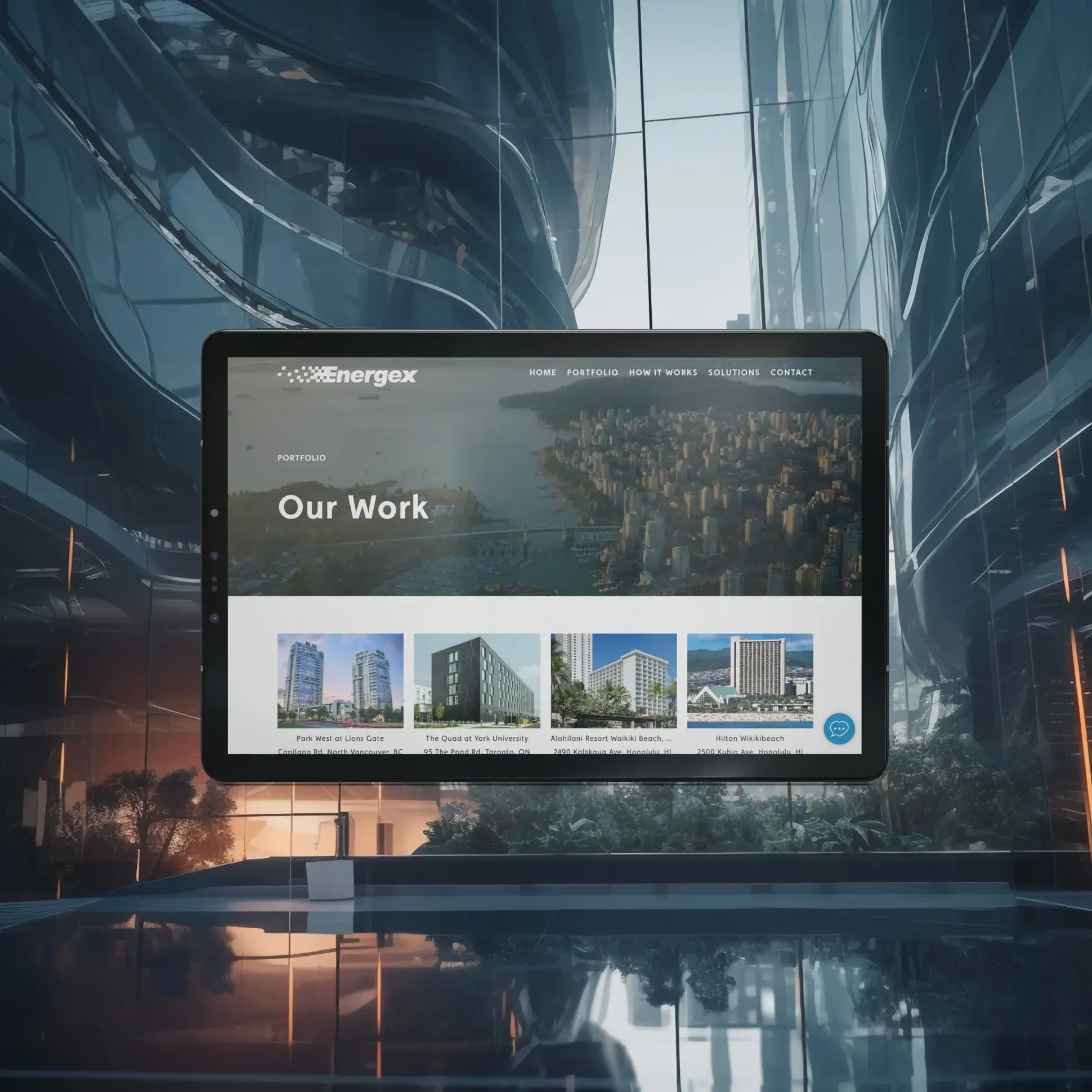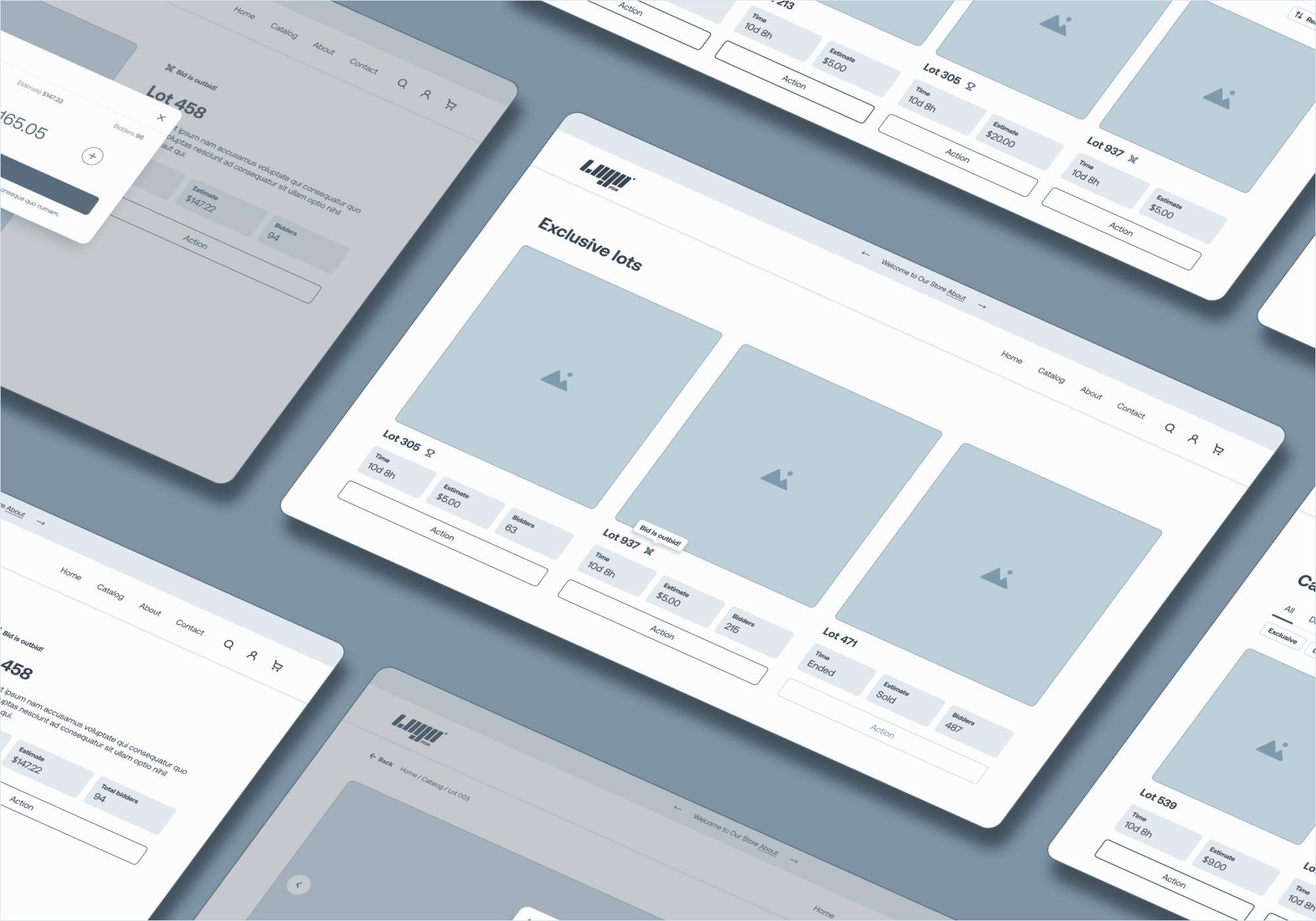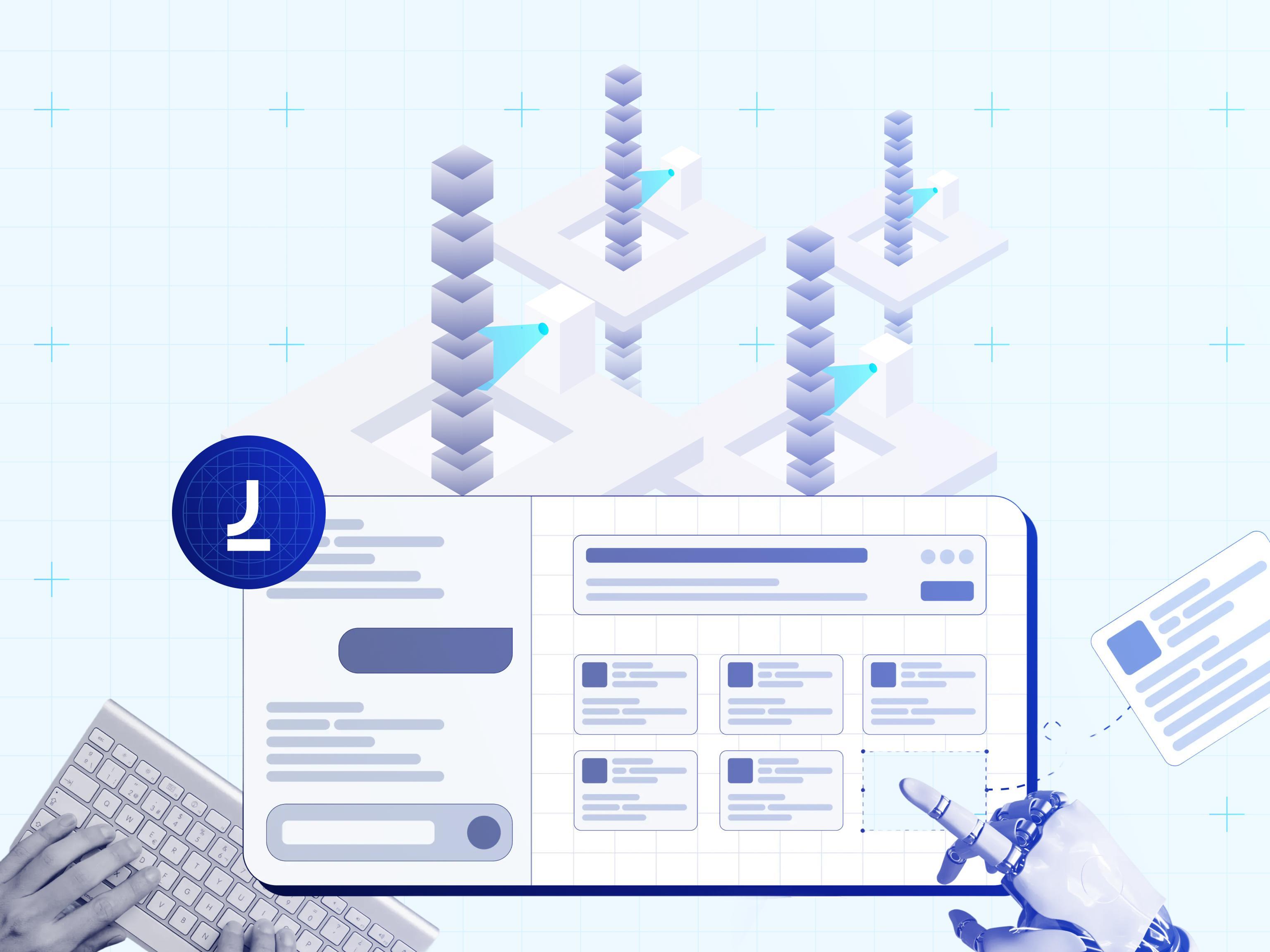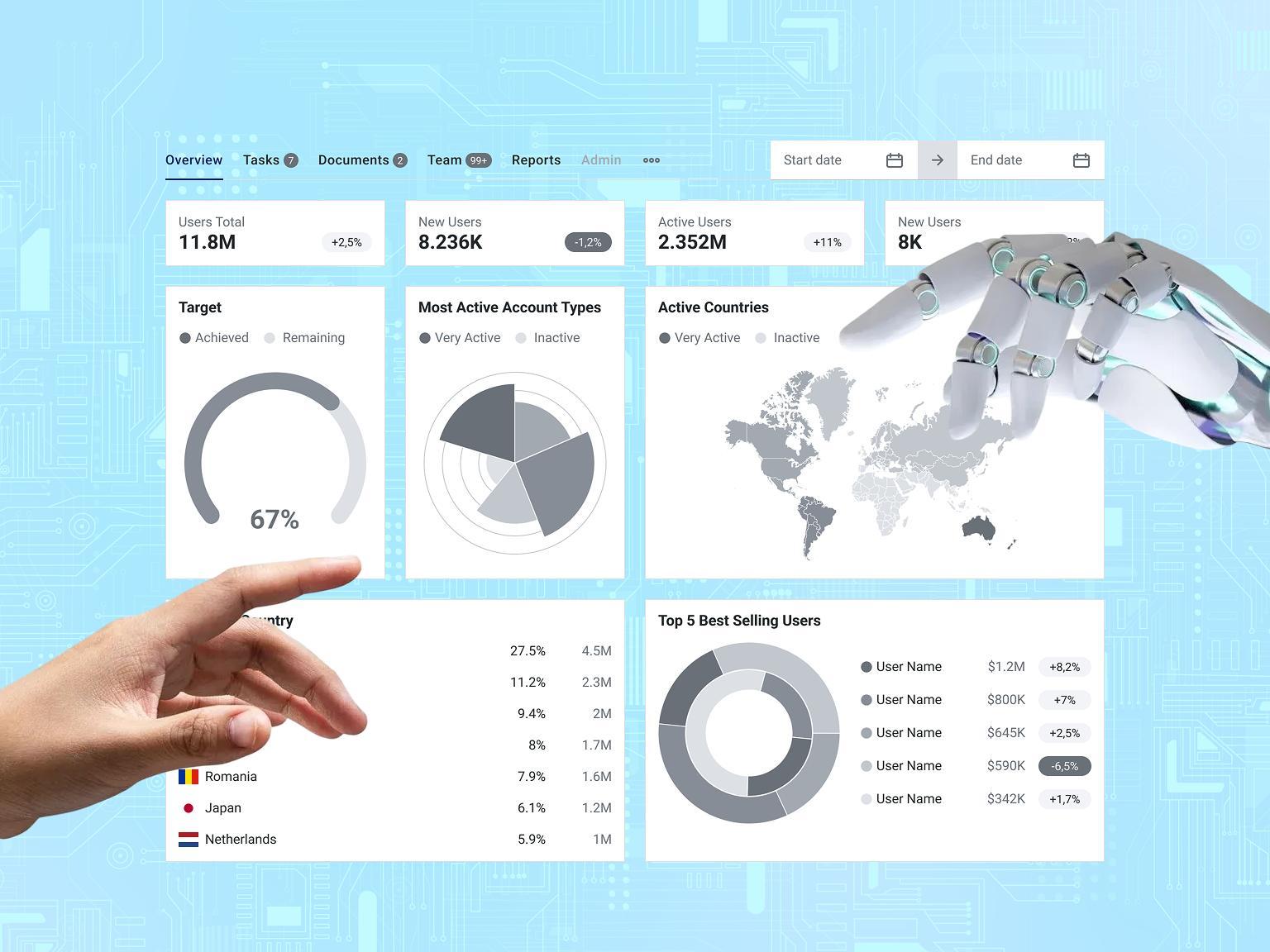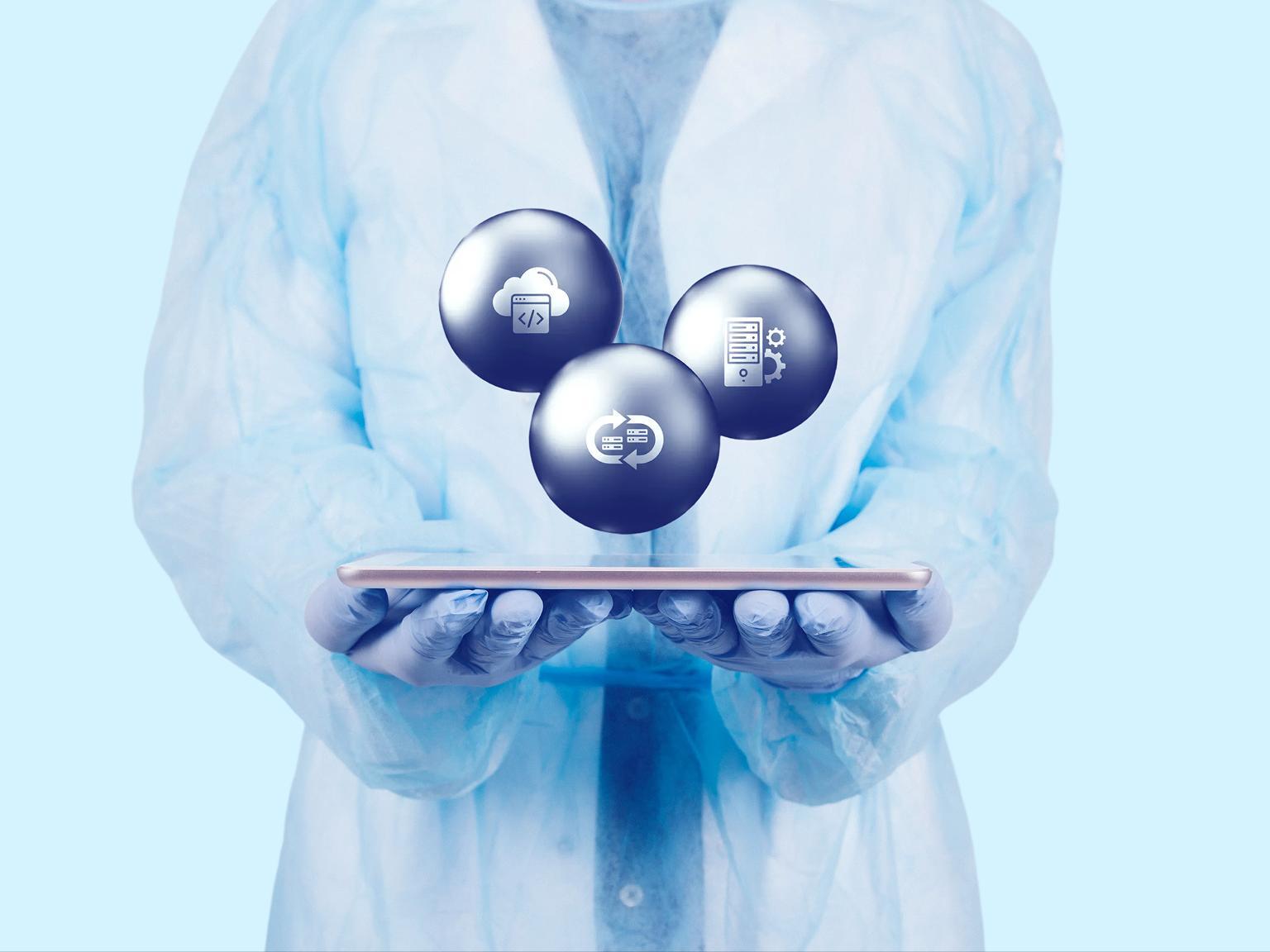Artificial intelligence (AI) is already reshaping traditional industries and bringing new potential to them. The medical sector is no exception, and the near future of AI in healthcare is bright. Today, we’d like to explore this, talking about how AI has already impacted the industry and what comes next.
We’ll cover the use of AI in medical processes, its effect on staff, and ways to mitigate risks associated with the technology. Our coverage will tackle AI as the complex, revolutionary technology it’s proven to be. Ultimately, you’ll see the full picture of AI’s impact on healthcare.
What is Artificial Intelligence in Healthcare?
Although artificial intelligence is a sprawling technology, not all of it will be immediately relevant to the healthcare industry. For example, things like generative AI don’t exactly help process patient data and assist doctors. However, the following aspects of AI are useful:
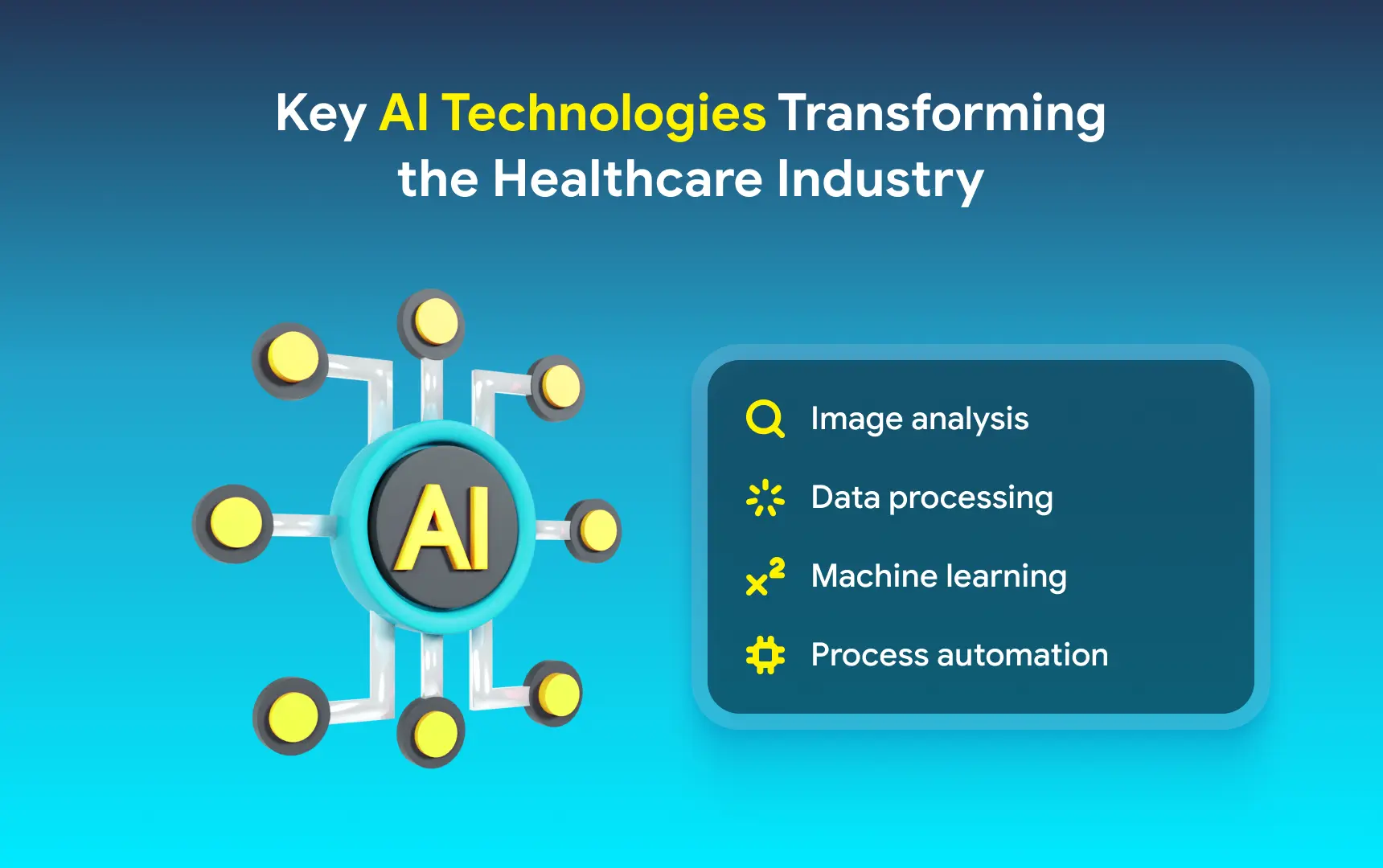
AI tools work in various fields of medicine, such as radiology, drug research, patient processing, and more. By applying AI, doctors speed up their work and provide better care to their clients. Integrating more modern solutions opens up other potential use cases while changing how medical processes work.
Even in these relatively early stages of adoption, the future of artificial intelligence in healthcare seems bright. As the models get more refined and learn to tackle more complex tasks, we expect to see further automation and more intricate data work.
Scientists agree, stressing the importance of gathering high-quality data. This is an already relevant issue that will only get more acute with time. If we want the promised illness predictions, it’s crucial that hospitals perfect the models they use and do a lot of testing. That’s why it’s important to understand the present use of AI before we talk about the bright future of AI in healthcare.
Types of AI and Their Applications in Healthcare
So, which types of artificial intelligence are currently benefiting the industry and setting the tone for the future? We’ve counted the following:
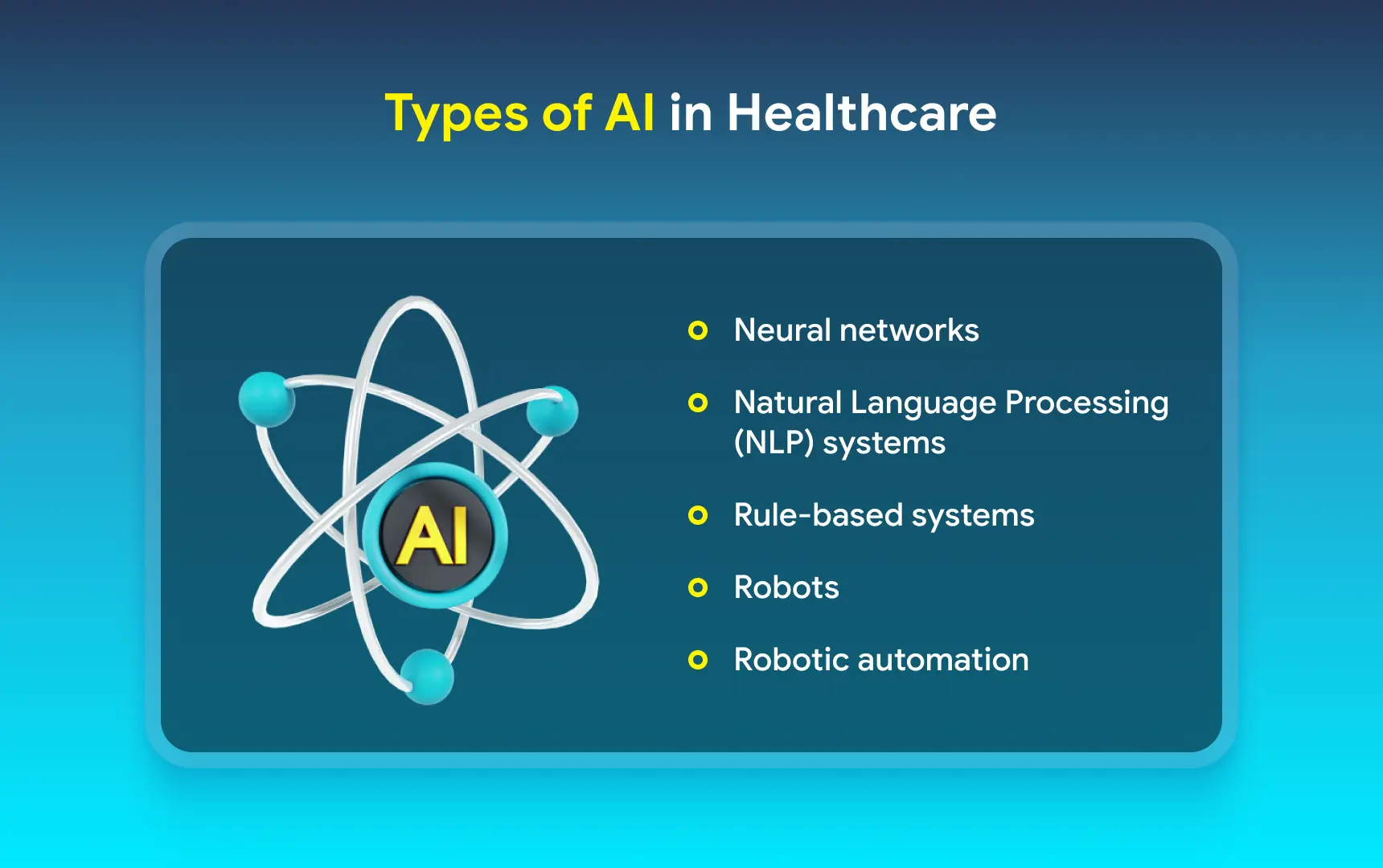
Machine Learning: Neural Networks and Deep Learning
Modern healthcare is all about data—collecting patients’ vitals, processing their medical histories, and quantifying information to aid in research. This makes machine learning and neural networks the perfect tools for structuring and analyzing that data.
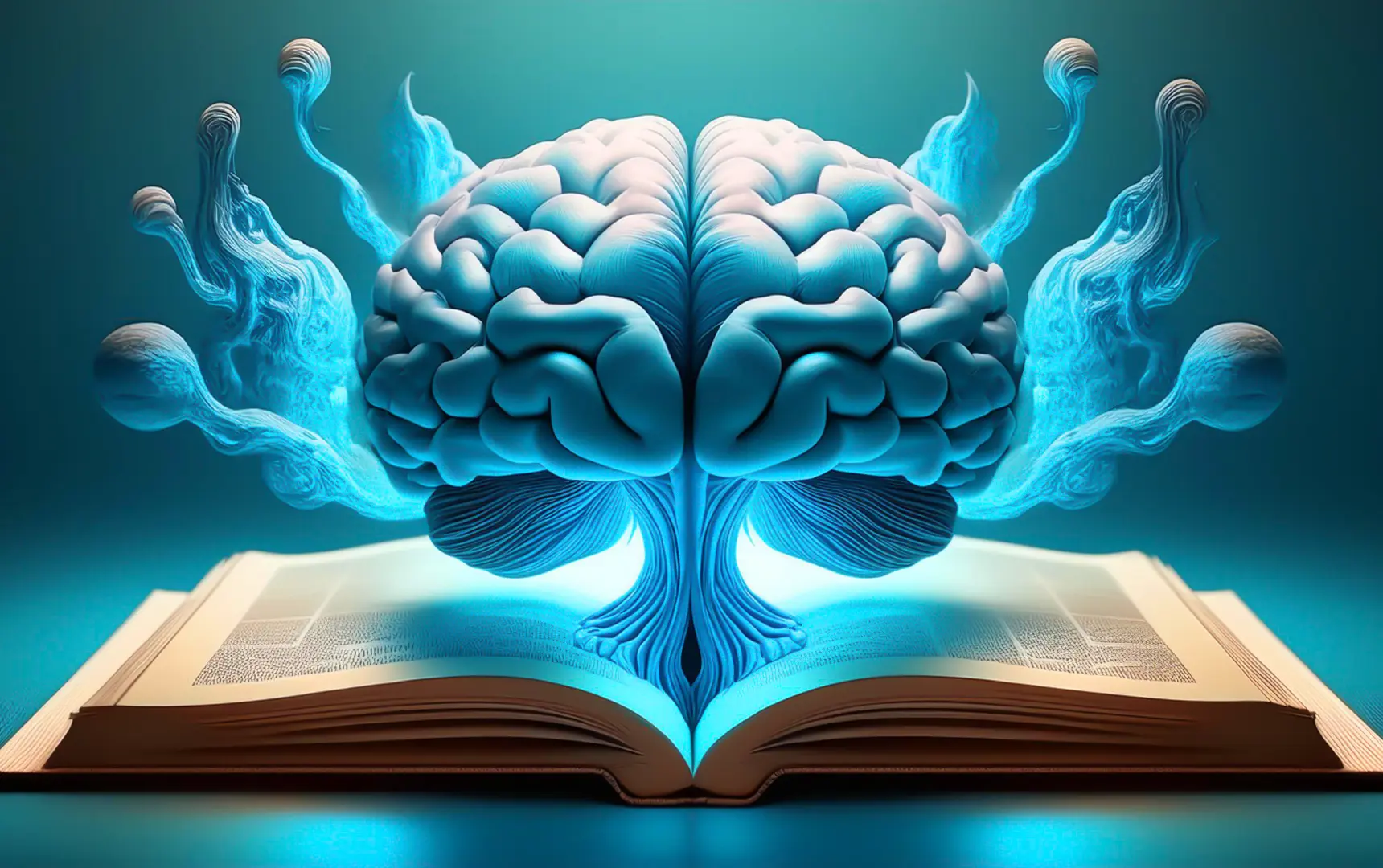
By feeding all the data into the networks, healthcare institutions can make more informed decisions and process patients more efficiently. Moreover, deep learning can affect how much a doctor gleans from medical imaging. This directly affects not only current patient cases but also our understanding of the work. Therefore, it helps develop the technology further and make strides in patient data analysis.
Natural Language Processing
Doctors rely extensively on notes and research made both by them and their peers, using that data to draw their own conclusions and help patients. By relying on NLP systems, we can analyze copious amounts of data and record it, create summaries of it, and interpret it. This removes the need for doctors to go through all of it manually, freeing them up to focus on patients.
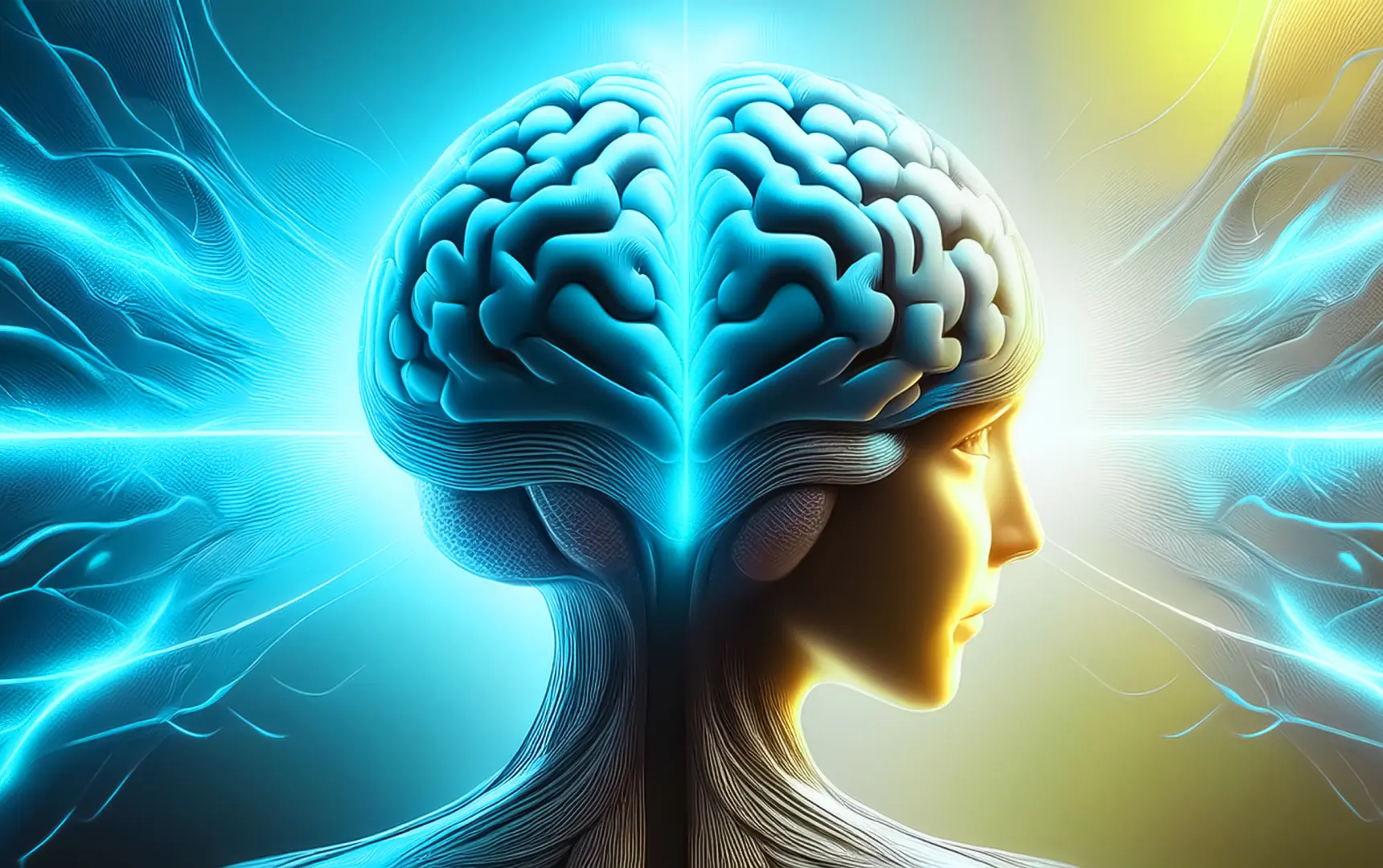
NLPs are already successfully used for semantic analysis and information processing. However, with more development, they may be able to offer deeper insights. They can also help understand the speech patterns of patients with brain injuries and build therapeutic connections with them.
Rule-Based Expert Systems
We’re used to thinking of AI as a fresh trend, something that’s become relevant only recently. But rule-based expert systems prove that’s not the case, as they were first introduced way back in the 1950s. Granted, the current state of things is much different from the past but it’s a good illustration of how technology has evolved for decades to great effect.
These are “if-then” systems, which function as gates in data processing, following rules that doctors set. They can be quite handy for a variety of automation purposes but become somewhat cumbersome when faced with large data or rule sets. As a result, we’re not likely to see them, at least in this version, in the bright future of AI in healthcare.
Physical Robots
Robots aren’t yet on the futuristic level of full-time carers, of course, but they can level up automation. Robots can perform medical procedures, track inventory, and transport medical equipment in areas with a high risk of contamination.
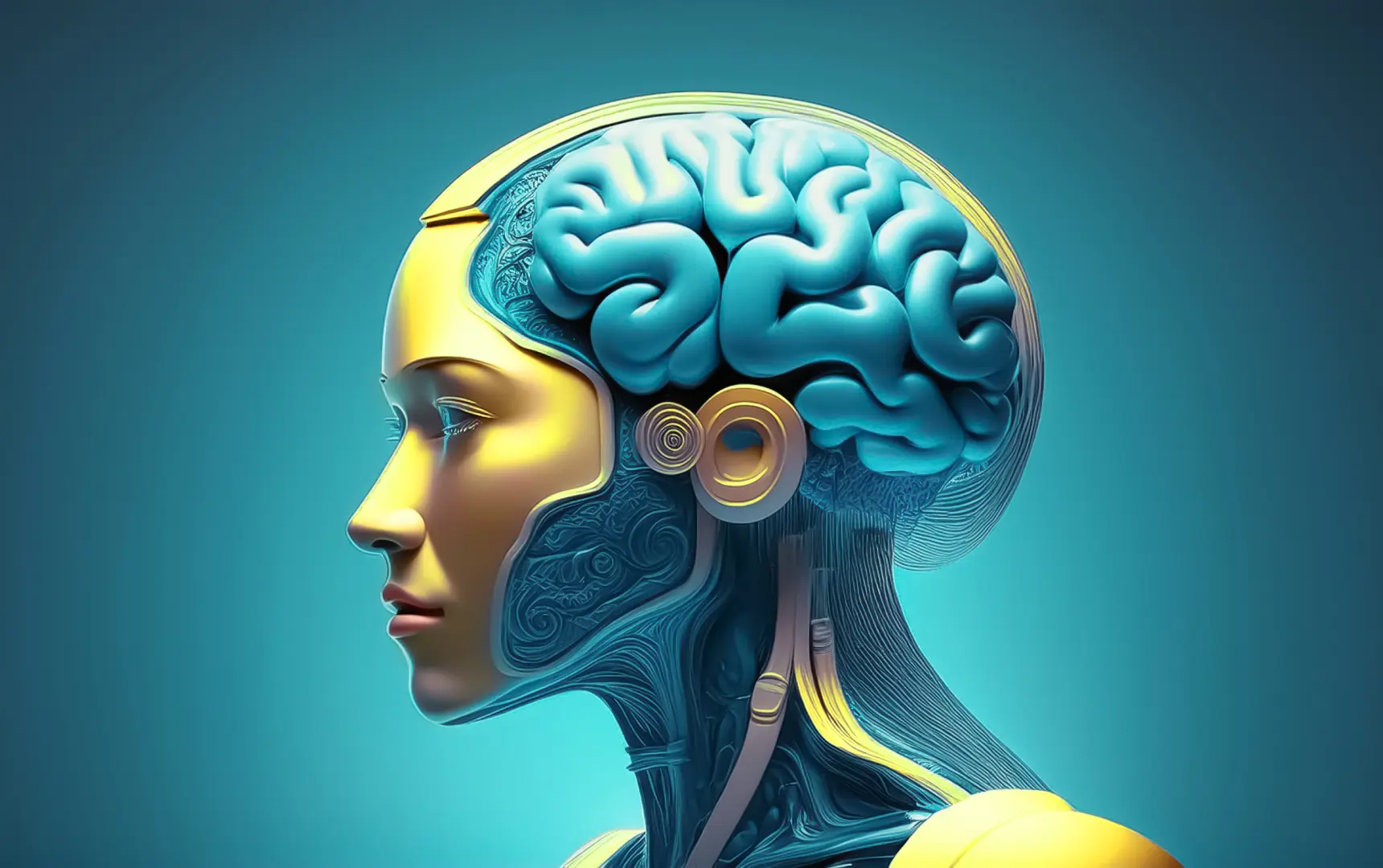
These applications help reduce risks for healthcare staff, streamline physical work, and remove the chance of human error from invasive procedures. Even in these first stages of robotics use, we can see great potential.
Robotic Process Automation
Lastly, self-learning software is used to automate data entry, prescription control, and billing. These may not be the most flashy applications, but they help reduce busywork and optimize hospital processes. This reduces the load on the employees without sacrificing any productivity. Therefore, RPA will likely become an even bigger factor in the future scope of AI in healthcare.
Current Applications of AI in Healthcare
Now that you know which technologies the field uses, let’s talk about how they’re used with some practical examples. Before we start listing them, we want to quickly mention some of the areas of medicine that are covered:
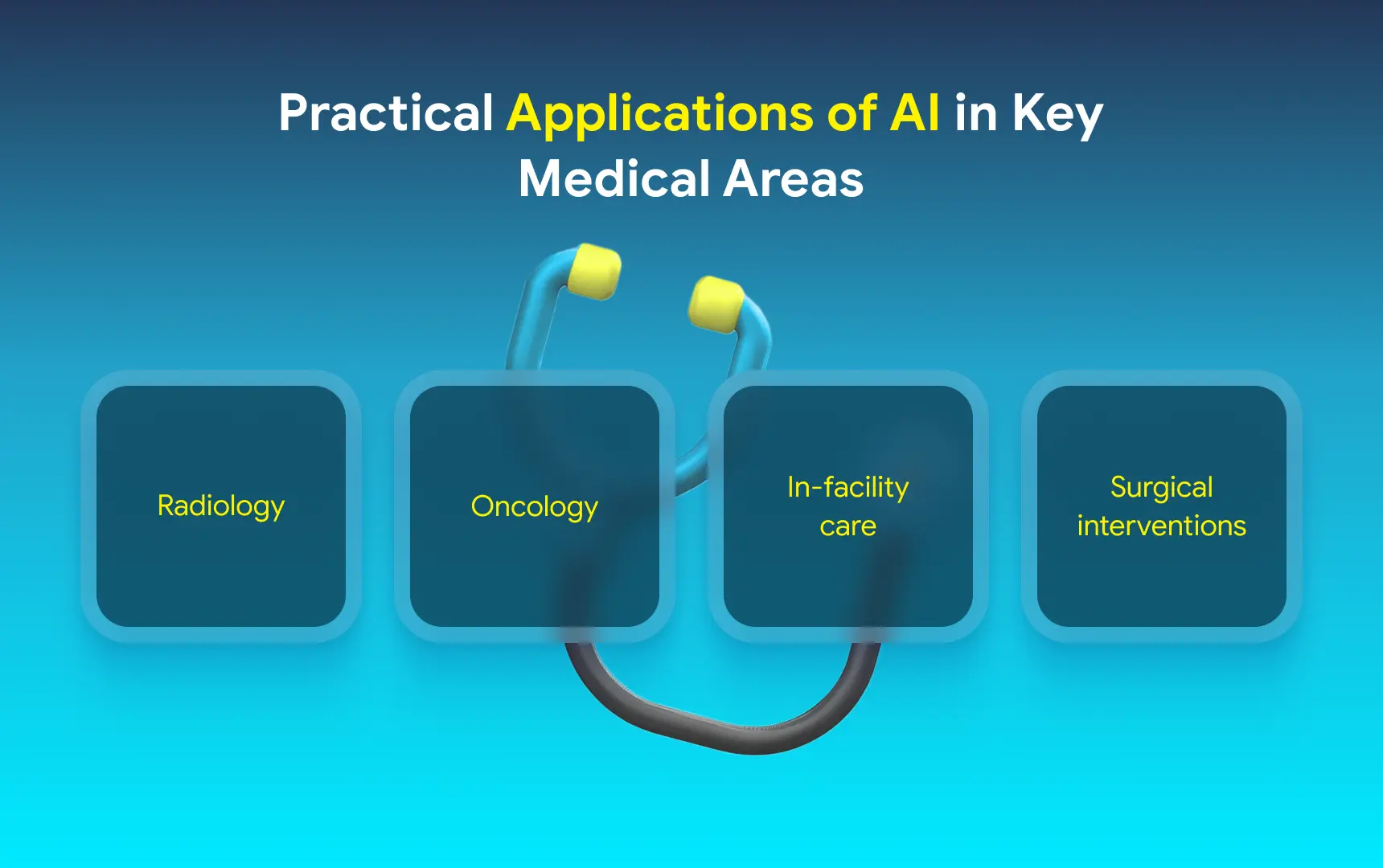
Image Analysis
From X-rays to ultrasounds, doctors often need to closely examine the images of patients’ bodies to spot abnormalities. While we all expect them to do it with no help, based solely on their expertise, this isn’t ideal. Especially when a well-trained AI model can comb that image for the tiniest details, detecting things that a human eye never will. What is the future of AI in healthcare without relying on such advances?
Hospital Processes
AI can help automate inventory tracking, billing, and even patient communication. Instead of nurses and other staff performing repetitive, routine tasks, software can tackle them. For communication, we obviously mean only the simplest things, such as registration and feedback collection. In the end, these little automations free up your employees to handle more pressing issues.
Remote Patient Monitoring
Doctors already use IoT devices to keep an eye on patients’ vitals and track their recovery when they’re out of the hospital. However, by using AI processing and analysis, the process can become more refined. We’ll be able to clearly spot trends in one’s health and set customized alerts and notifications for specific scenarios reflected by data.
Drug Research
Creating any new drug is a hugely time-consuming process that requires massive amounts of trial and error. But even now, companies are using AI to filter their datasets and test hypotheses. This speeds up drug development and thus brings us closer to discovering cures for major illnesses. As a result, the hopeful future of AI in healthcare and drug discovery is closer than ever.

Challenges of AI in Healthcare
We’d be remiss to ignore the fact that AI does come up against some potential issues in its medical use. For example, security will always be relevant and crucial. We’ll touch upon it in our section on ethical considerations but, suffice it to say, any data fed to the AI must be restricted. Leaving any means for third parties to access patient data is unacceptable and risks major lawsuits.
Then, there’s the social element. Not everybody is ready to embrace the potential future of AI in healthcare, and some patients are downright afraid of technological solutions. This is where it falls upon doctors and medical institutions to educate people and help them embrace AI. Explaining that it could save one’s life or at least improve their recovery is a good approach.
Lastly, there is the challenge of training the AI well. If the model uses a lacking data set, it can make errors as a result. It is vital to take your time and feed the AI plentiful data to improve its accuracy.
Implications for the Healthcare Workforce
While there are concerns that AI and automation could push people out of their jobs, this concern should be minimal when it comes to healthcare. The future of AI in medicine will center around making the employees’ jobs easier instead of replacing them. While robotic helpers could take on some duties of human nurses, they’re unlikely to be used as full-scale replacements.
Instead, AI will reduce the number of processes the workforce has to cover, making their jobs easier. Plus, it will allow them to provide much more nuanced healthcare to patients, with predictive care and high-level risk assessments. But we’ll talk more about that below.
Ethical Considerations of AI in Healthcare
There is some extensive research on the topic of AI use in medicine and how it could affect patients. One major concern is how AI could handle the patients’ need for empathy, as the future of artificial intelligence in healthcare arrives. Robotic helpers aren’t currently able to provide the genuine care that human staff offers, making them poorly suited to care for patients with major illnesses.
Similarly, there is a question of which social groups get access to AI use, as low-income areas and hospitals in those areas are unlikely to receive the same level of technology. This raises the issue of providing advances in AI equally, letting everyone benefit from the new functionality.
Lastly, there is the question of data privacy, which is currently addressed mostly through legislation such as GDPR and HIPAA. However, it’s also important for healthcare institutions to take responsibility and work to ensure patient data is processed appropriately. Keeping the AI model closed with sufficient security practices is essential to working with this technology.
The Future of AI in Healthcare
We expect that, in the coming years, AI will feature heavily in predictive healthcare, helping doctors spot signs of diseases early and prevent them. Moreover, they’ll be able to detect common factors that lead to specific illnesses and isolate them to find the causality.
AI can also help connect all hospitals, establishing a seamless universal sync. This would speed up patient processing and guarantee that no medical history is lost. Plus, it opens up the ability to visit any medical services provider without doing preliminary consultations.
Lastly, AI can be used for risk assessment, accurately analyzing a patient’s status based on provided data. This will enable doctors to advise lifestyle changes and early medication, as well as prioritize patients better.
Want to Create Your Own Healthcare AI App?
We’ve discussed the promising future of AI in healthcare but JetBase doesn’t like just to observe. Instead, we tackle fresh technologies and projects and bring the future closer. If you want to get ahead of the competition and craft solutions that reinvent your services now, we’re the team for you.
Our decade of experience in the market has covered cases in many industries, including healthcare. We’ve made sprawling patient processing and monitoring web apps, helping clinics provide high-quality services. The JetBase devs learned all there is to know about medical coding and adapting UI/UX to an industry where each second is precious.
JetBase has also created a mobile app that integrates with IoT devices for remote patient monitoring including AI. Our lightweight Flutter-based solution collected and analyzed data with automatic sync, letting doctors keep tabs on each of their patients. Thanks to this high-precision data analysis at scale, hospitals can understand the patients’ recovery processes better.
There’s no challenge we won’t tackle and our team is well-equipped to handle work with artificial intelligence, as well as creating SaaS solutions and multi-platform software. We cover the full lifecycle of a solution, from conceptualization to launch and maintenance. Our team prides itself on excellent communication and surpassing clients’ expectations.
If this sounds appealing and you want to usher in the future of artificial intelligence in healthcare, we’d be glad to partner up. Just send us a request, and we’ll consult you and offer a team to develop your solution.

